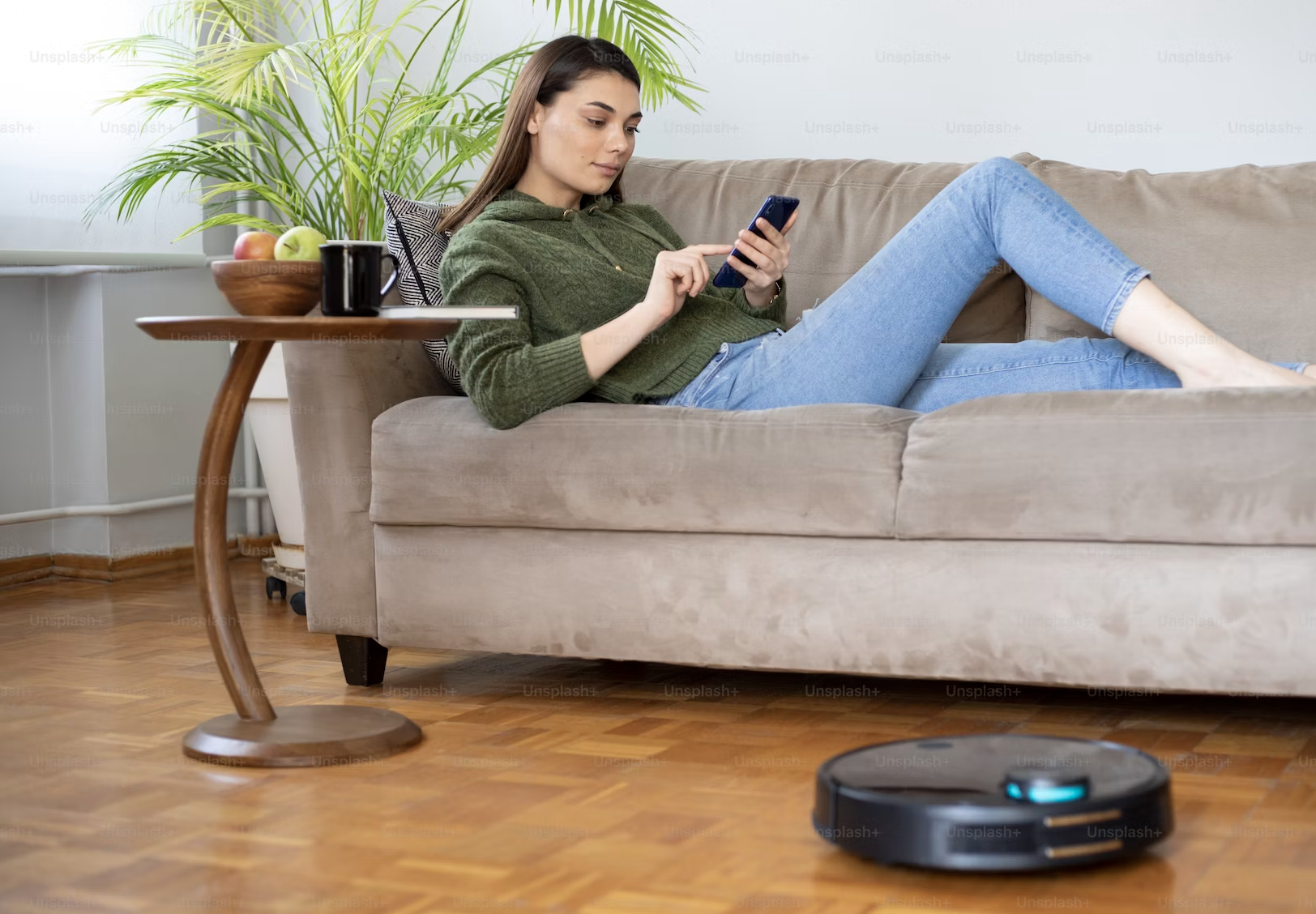Robotic vacuum cleaners, also known as Roombas, have become increasingly popular in recent years. These devices are designed to autonomously clean floors, carpets, and other surfaces, eliminating the need for manual labor. While robotic vacuum cleaners offer several advantages, they also come with some drawbacks. In this article, we will explore the pros and cons of robotic vacuum cleaners.
Pros:
- Time-saving: One of the most significant benefits of robotic vacuum cleaners is that they save time. Instead of manually cleaning the floors, you can set the Roomba to clean your home while you’re away or occupied with other tasks.
- Convenience: Robotic vacuum cleaners are incredibly convenient, particularly for those who lead busy lives. You can set the device to clean at a specific time, and it will get the job done without any additional input from you.
- Efficiency: Roombas are designed to clean efficiently, using advanced algorithms and sensors to navigate around obstacles and identify areas that require more attention. They can clean under furniture and in tight spaces, which can be difficult to reach with a traditional vacuum cleaner.
- Cost-effective: Although robotic vacuum cleaners can be expensive upfront, they are often more cost-effective in the long run. They require less maintenance than traditional vacuum cleaners, and they consume less electricity.
- User-friendly: Most robotic vacuum cleaners are straightforward to use. You can control them through a smartphone app or remote control, and they typically come with easy-to-follow instructions.
Cons:
- Limited suction power: Robotic vacuum cleaners are generally less powerful than traditional vacuum cleaners. They are designed to pick up surface-level dirt and debris, but they may struggle to clean deeply embedded dirt and pet hair.
- Limited battery life: Most robotic vacuum cleaners have a limited battery life, which means that they may not be able to clean larger spaces in one go. Additionally, some models may take several hours to recharge.
- Noise level: Although robotic vacuum cleaners are designed to operate quietly, they can still produce a considerable amount of noise, which can be disruptive in small living spaces.
- Maintenance: Robotic vacuum cleaners require maintenance, just like traditional vacuum cleaners. You need to clean the brushes and filters regularly to keep the device functioning correctly.
- Price: Robotic vacuum cleaners can be expensive, particularly if you opt for a high-end model with advanced features.
Summary:
Robotic vacuum cleaners offer several advantages, including time-saving, convenience, efficiency, cost-effectiveness, and user-friendliness. However, they also come with some drawbacks, such as limited suction power, battery life, noise level, maintenance, and price. Ultimately, whether a robotic vacuum cleaner is right for you will depend on your individual needs and preferences.
If you’re interested in purchasing a robotic vacuum cleaner, you can check out some of the options available on Amazon, including the iRobot Roomba 960, Eufy RoboVac 11S, and Shark IQ Robot Vacuum. Make sure to read reviews and compare features before making a decision.
Amazon link for MI Robotic Vacuum Cleaner.

